6th December 2017 Beijing, China
Science exchanges foster collaboration and understanding
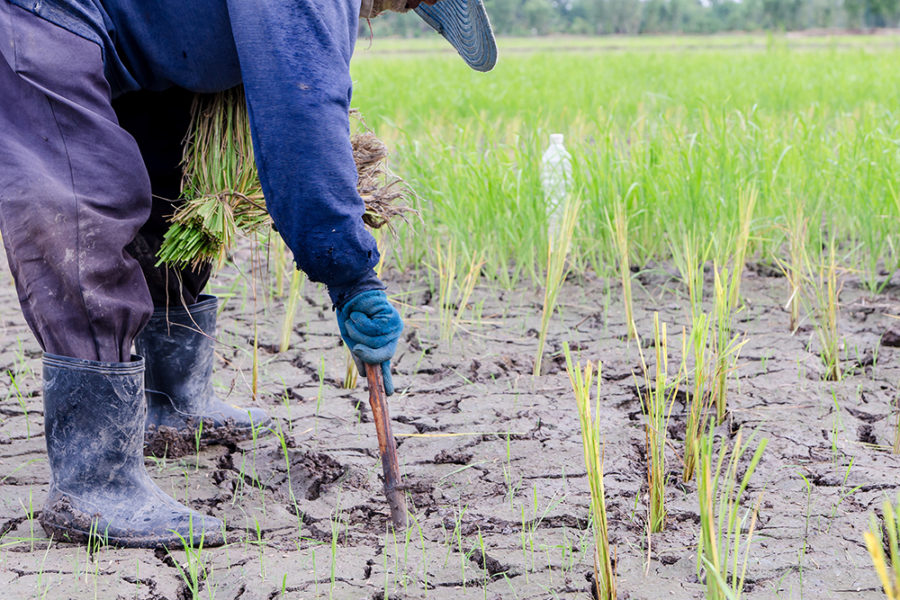
Collaboration is part of the ethos of the Met Office and a fundamental component of the Weather and Climate Science for Service Partnership (WCSSP) programme, supported by the UK Government’s Newton Fund.
A core part of the WCSSP programme is the Climate Science for Service Partnership China (CSSP China) – a scientific research programme that is helping to build the basis for services to support climate resilient economic development and social welfare.
The programme aims to build strong strategic partnerships harnessing UK scientific expertise and involves partnerships with the China Meteorological Administration (CMA) and the Institute of Atmospheric Physics (IAP) at the Chinese Academy of Sciences. As well as building partnerships at an organisational level, project scientists are building strong relationships on an individual basis and this is helping to strengthen scientific understanding and collaboration for the future.
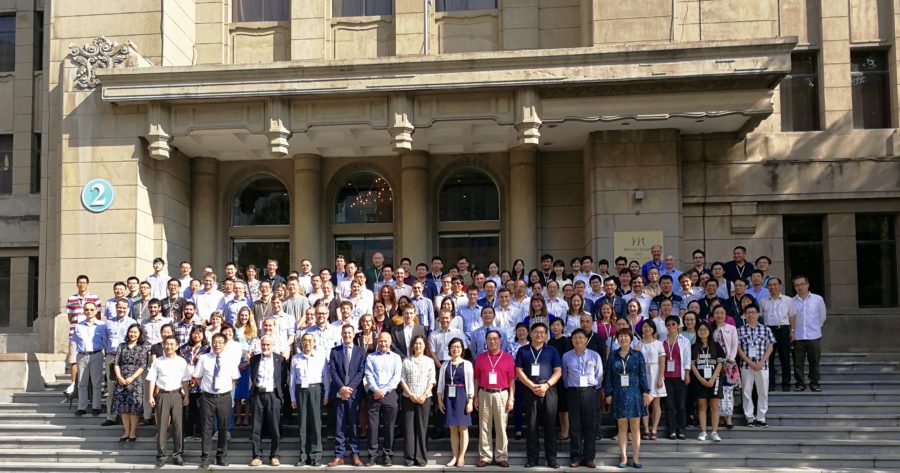
I am the CSSP China project manager and a firm believer in the value of collaborative partnerships. Each year, a number of Met Office, CMA and IAP scientists undertake sabbaticals at partner organisations, forging strong collaborative relationships and sharing scientific knowledge. Moving to another country and working in a partner organisation has huge benefits for future collaboration. It increases understanding and trust and fosters personal development. In managing the project and speaking to those involved in sabbaticals, I’ve gathered some great stories about their experiences.
Living in Beijing
Met Office scientist Kalli Furtado is currently 15 months into a two year period living and working in Beijing at the IAP. His work focuses on East Asian summer and winter Monsoons. Kalli has learnt a lot from his IAP colleagues’ detailed understanding of the weather and climate of East Asia and has forged new collaborative relationships while there. Working with scientists in Beijing is enabling him to ‘take advantage of the in-depth knowledge of local scientists and develop a much better understanding of monsoon rainfall that will lead to future improvements in regional climate modelling.’
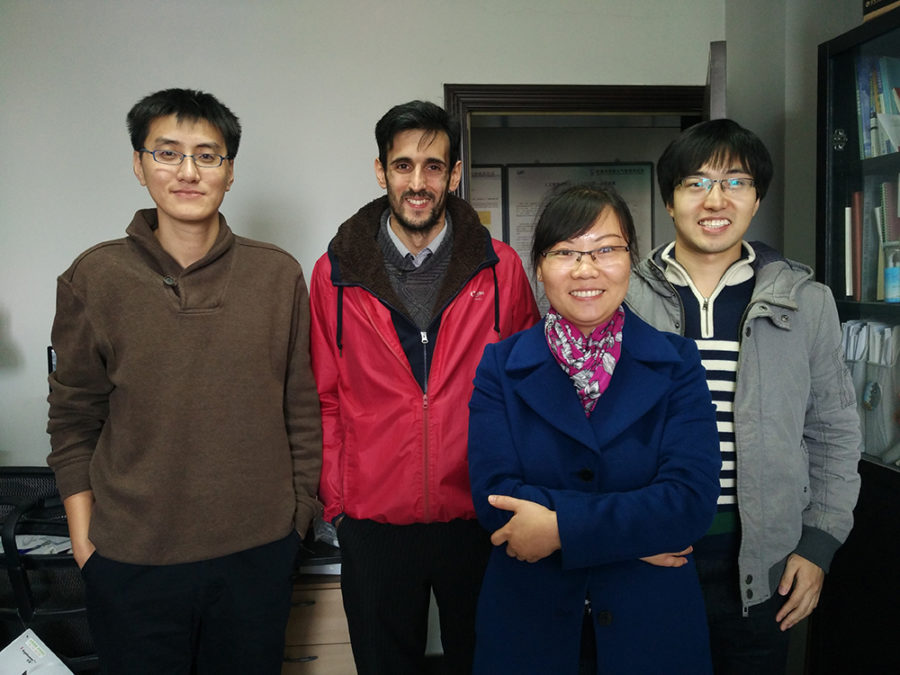
As well as the work opportunities, Kalli’s exchange includes plenty of personal highlights. Kalli moved to Beijing with his wife and two young children and finds it a ‘great place to live and work providing many things for the family to do at the weekend.’
Travelling around the UK
In turn, IAP scientist Lixia Zhang spent a year working at the Met Office looking at East Asian climate variability and extremes. Lixia was impressed by the collaborative approach of Met Office scientists and has enjoyed learning together and sharing results. Working with the project drought group has been invaluable in giving Lixia a comprehensive understanding of drought.
Lixia’s family joined her for several months and like Kalli’s family enjoyed the experience immensely. Although they found public transportation much more expensive than at home, they enjoyed the ‘amazing natural scenery and clear skies’ and travelled as far afield as Scotland which was a highlight of their visit.
Furthering academic research
Soon after joining the CSSP China team, Rosie Eade, left the Met Office for a two month placement at CMA. The secondment was to look at the North Atlantic Oscillation (NAO) and its links to China. She highlighted the advantage of collaborating with and learning from expert scientists at CMA, in particular taking advantage of learning about the climate of China from local experts. This was particularly useful to Rosie as her visit coincided with the start of her PhD looking at NAO variability. Language presented no barrier according to Rosie who was impressed by how well everyone speaks English although presenting to colleagues for the first time with a translator was, in Rosie’s words: ‘a strange experience’.
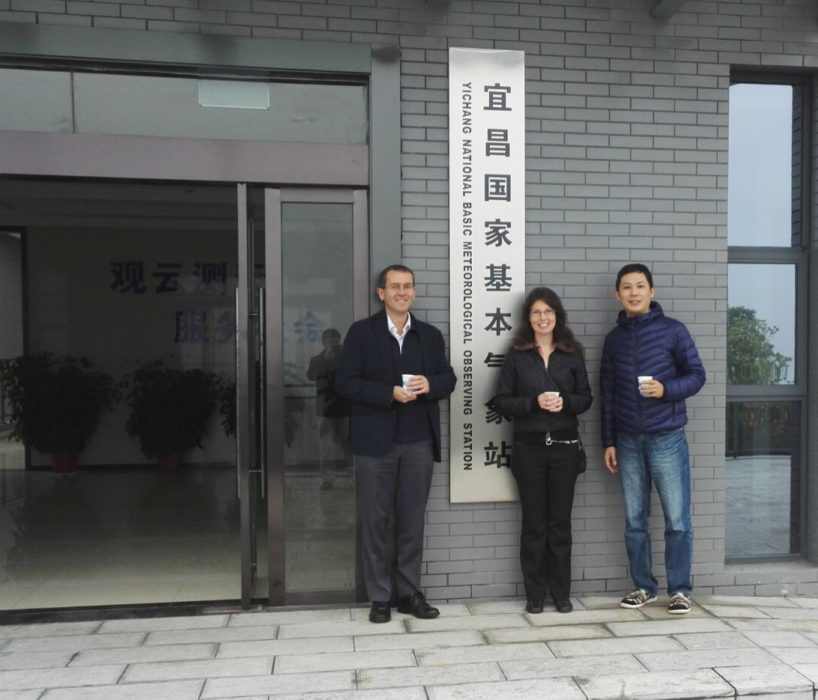
These examples highlight just some of the benefits of the CSSP China partnership model and our colleagues at IAP and CMA are also enthusiastic about the collaborations.
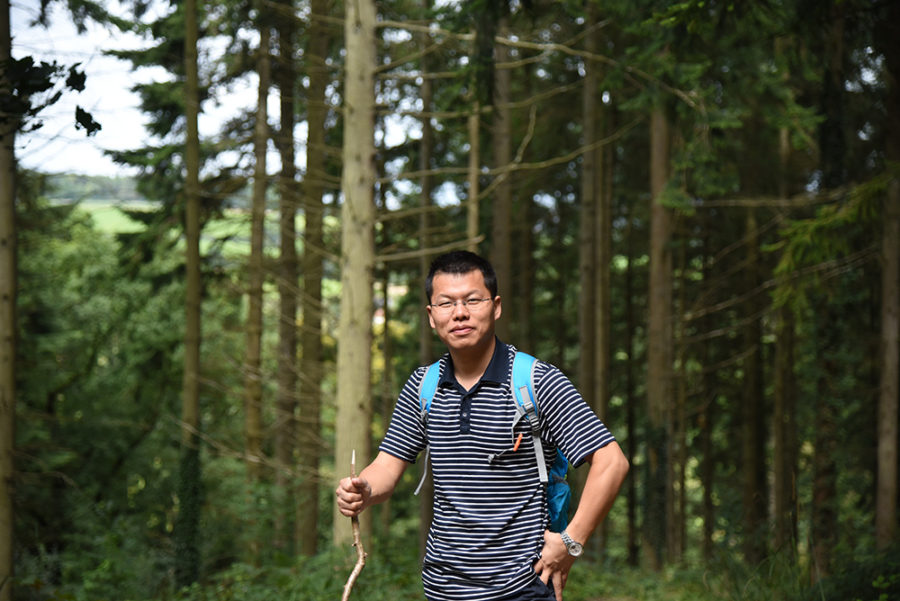
According to Dr Chan Xiao from CMA who spent a year at the Met Office working on climate service development, CSSP China plays an important role in developing UK-China relationships. Working together in a collaborative way to advance science understanding ultimately results in better climate service development as well as greater scientific and cultural understanding that has many benefits in the future. We are looking forward to more opportunities for exchanges in the future.
